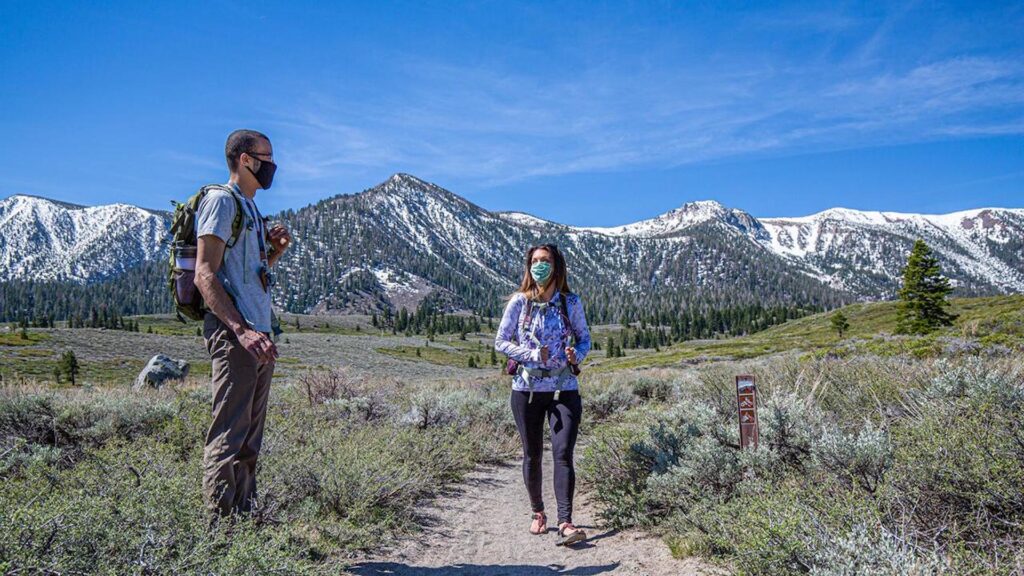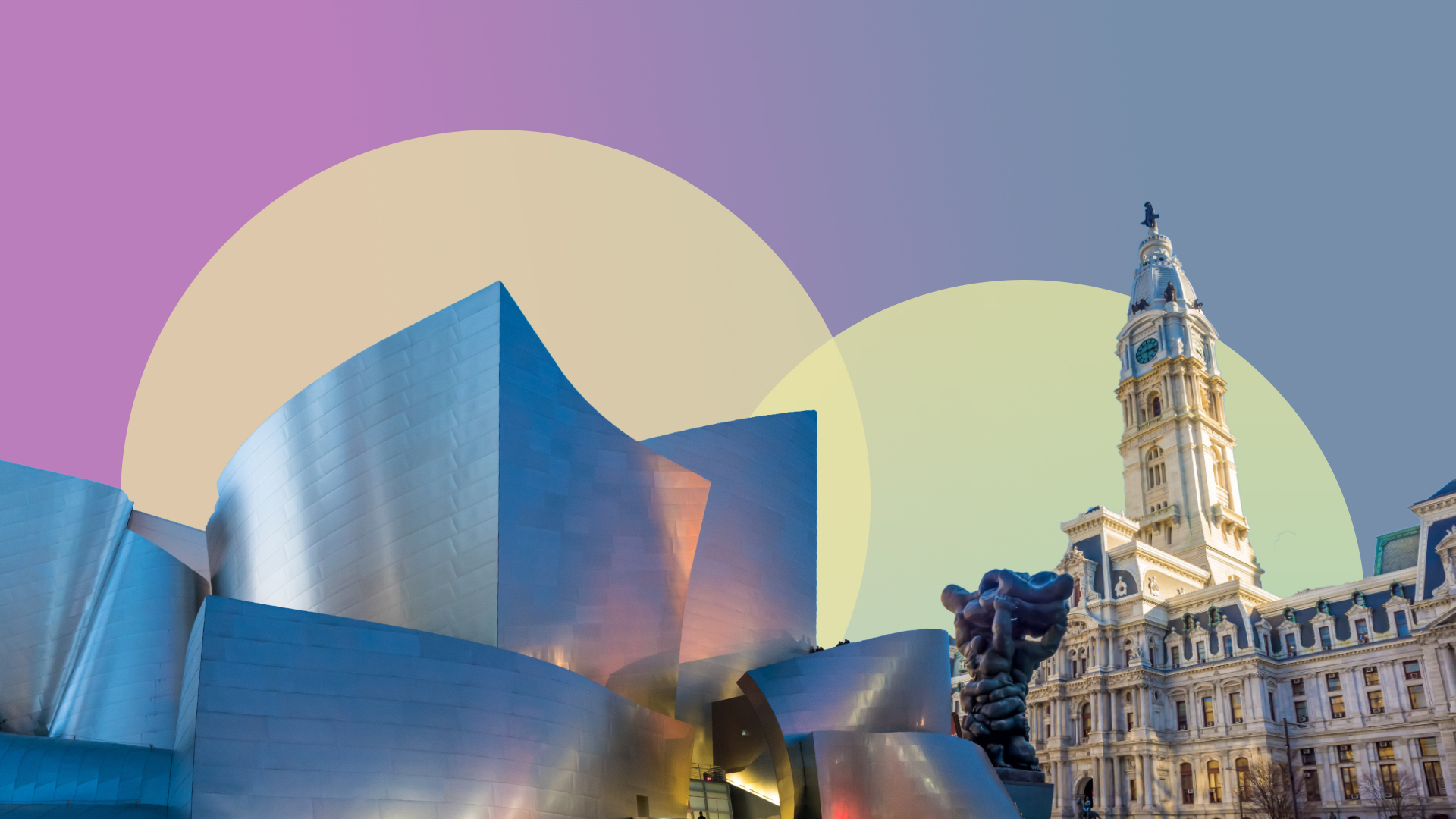With U.S. travel spending expected to fall by 45 percent in 2020 — a loss of roughly $400 billion — coronavirus’ damage on an industry that constitutes three percent of the nation’s GDP has been profound, far-reaching, and without precedent.
In responding to questions of coronavirus’ local impact, however, destination marketing organizations (DMOs) identified specific areas of loss. Discovery Philadelphia, which drew $388 million in revenue from events it organized in 2019, has been forced to cancel 340 meetings and conventions and Visit California reports having lost half of the 1.2 million jobs connected to tourism.
Even as domestic travel tentatively restarts, the efforts of DMOs to offer support in a new and ceaselessly shifting landscape is further hampered by the loss of revenue normally generated by hotel taxes — Philadelphia, for example, draws 81 percent of its funding this way.
The pattern that emerged after conversations with numerous DMOs was of solutions to the challenges emanating collaboratively and from within local communities. Here, in an ongoing look at DMOs’ response to coronavirus, Jing Travel presents efforts in Philadelphia and California;
Philadelphia
- Created PHL Health Advisors from city’s professional health and science community to advise and train tourism organizations.
- ‘Philadelphia From Home’ has become a vital, long-term resource for trip planning
Philadelphia Convention & Visitors Bureau (PHLCVB) has a proud history of sharing the economic benefits and burdens of tourism. It created PHL Diversity to ensure black and minority businesses received their fair share of visitor revenue. Now, PHLCVB has harnessed the expertise of its life sciences and healthcare communities to guide and inform its network of 800 member businesses and offer assurances to potential customers.
The PHL Health Advisors is offering education and training to members — naturally, the workshops are digital — as well as forming a set of health and safety protocols. “Our role is to serve as a connector and resource to all travel-related businesses in Philadelphia,” says says PHLCVB President and CEO Gregg Caren who oversees weekly communications focused on tourism industry best practices, “then we communicate to the traveling public about the steps we are collectively taking.”
Most recently, the PHLCVB appointed Dr. David Nash, Dean Emeritus of the Jefferson College of Population Health, to serve as the Chief Health Advisor, making it one of few convention and visitor bureaus to appoint a health advisor specifically to serve its partners and clients.
PHLCVB’s ‘Philadelphia from Home’ was an early response that brought virtual museum tours, educational activities for kids, and a Philly-themed Spotify playlist to a city under lockdown. Caren believes this will become a valuable tool for visitor trip planning and will continue to invest in its long-term development.
The DMO is compensating for the depleted marketing budgets of member organizations by highlighting Philadelphia’s outdoor activities, eateries, and experiences that are safe and appealing to local visitors at this time.
California
- “We’re focusing on Californians, encouraging them to safely and responsibly explore their local communities,” says Visit California’s CEO Caroline Beteta
- To boost in-state travel, Visit California provides sector-specific information on reopening.
Late March on Mammoth Lakes’ alpine slopes typically offer skiers a final hurrah before spring sets in. This year, with coronavirus shutting lodges, restaurants, bars, and, of course, chairlifts, Mammoth Lakes Tourism (MLT) found itself tackling an altogether different type of uphill situation; supporting a town of workers suddenly without employment.
MLT opened a foodbank, which, by the end of June, had distributed nearly 25,000 bags of food. In addition, the educational sustenance it offers pivoted from in-person Community Coffee events to online platforms which invited a public health officer, the director of the local emergency center and the Chamber of Commerce Director to speak to local stakeholders — though as Communications Direct Lara Kaylor noted via email, MLT still provided free coffee from local cafes to participants.

“We have communicated to the community through our email newsletter,” says MLT’s Lara Kaylor, “We [also] used panels of local speakers to provide answers.” Image: www.visitmammoth.com
Now, with the state beginning to reopen for leisure travel, Visit California is focused on inspiring an iconic West Coast endeavor; road trips. “California is a state perfect for road trips,” says Visit California President & CEO Caroline Beteta, “We expect many Americans will feel safest traveling by car and plan to inspire travelers by promoting our miles of open road and diverse landscape.”
Economic Restart
Until a vaccine is discovered, COVID-19 will continue to spread unpredictably across America making any notion of a ‘post-COVID’ world redundant. Accordingly, this much is clear;
- DMOs must continue to spread essential information allowing tourism stakeholders to conduct business safely and visitors to partake in the local economy with confidence
- After months under lockdown, there is a willingness to travel locally. DMOs should focus on marketing local travel with strong appeal at this moment.



